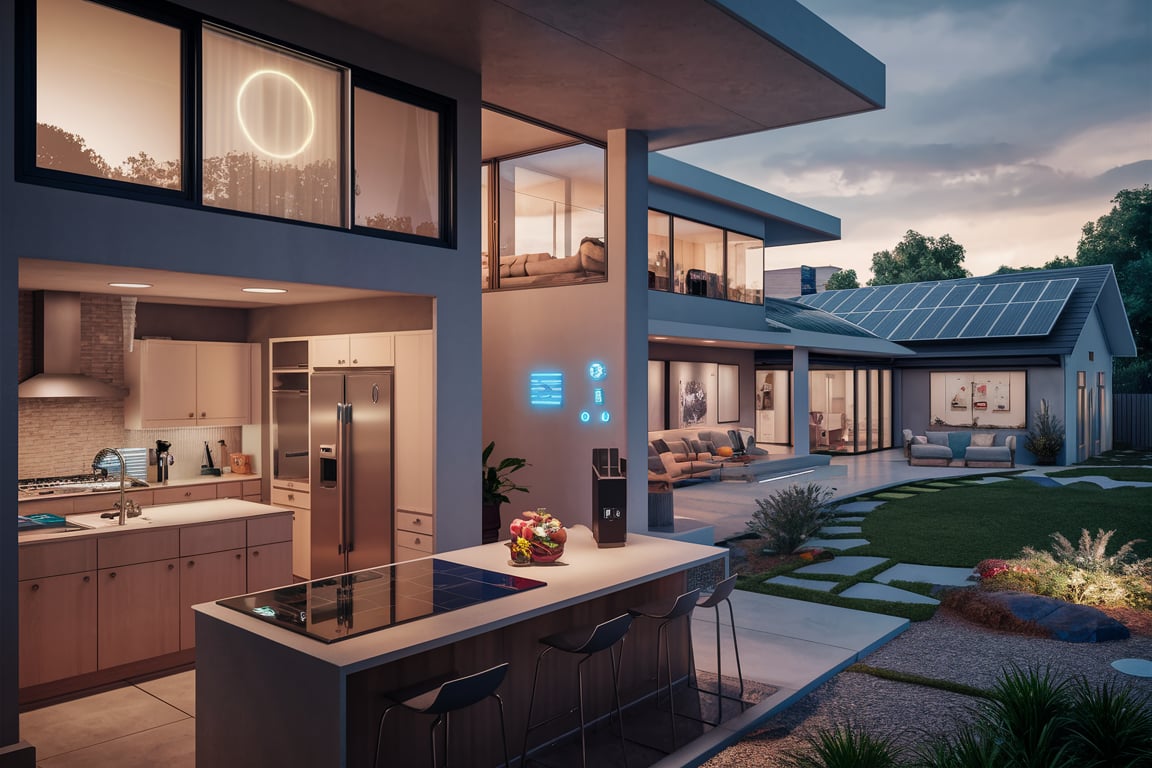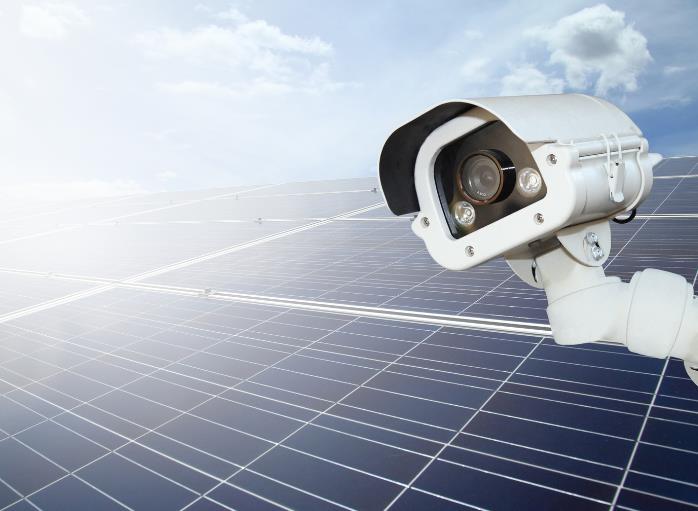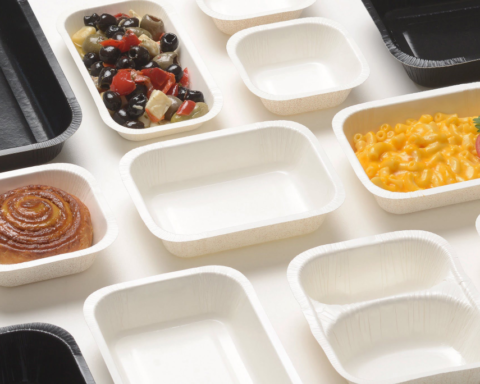In today’s world, where sustainability is paramount, energy efficiency in homes has gained significant importance. Homeowners are increasingly seeking ways to reduce their environmental footprint while simultaneously cutting down on utility bills. One of the most promising solutions that aligns with these goals is home automation services. This blog post explores how smart home technology not only maximizes energy efficiency but also contributes to sustainable living. Whether you are an eco-conscious homeowner, a tech enthusiast, or a sustainable living advocate, this guide will provide valuable insights and practical tips for integrating smart solutions into your home.
The Growing Importance of Energy Efficiency in Homes
Energy efficiency is more than just a buzzword; it’s a crucial aspect of modern living. With the rising costs of electricity and the increased awareness of environmental issues, homeowners are looking for ways to make their homes more energy-efficient. Reducing energy consumption not only lowers utility bills but also lessens the demand for power plants, leading to fewer greenhouse gas emissions. This shift towards energy efficiency is essential for combating climate change and ensuring a sustainable future.
The Role of Home Automation in Energy Efficiency
Home automation is revolutionizing how we manage energy consumption in our homes. By integrating smart devices and systems, homeowners can monitor and control their energy usage with unprecedented precision. This technology enables real-time tracking and adjustments, ensuring that energy is used efficiently and waste is minimized.
One of the primary advantages of home automation is its ability to learn and adapt to the homeowner’s lifestyle. Smart systems can analyze patterns and make automatic adjustments to optimize energy usage. For example, a smart thermostat can help you when you typically leave the house and lower the temperature accordingly, reducing energy consumption during periods of inactivity.
Smart Solutions for Lighting
Lighting accounts for a significant portion of a home’s energy consumption. Traditional incandescent bulbs are inefficient and contribute to higher electricity bills. However, smart lighting solutions offer a more energy-efficient alternative.
One of the simplest ways to improve lighting efficiency is by switching to LED bulbs. LEDs consume significantly less energy than incandescent bulbs and have a longer lifespan. When integrated with smart lighting systems, you can further enhance their efficiency. Smart bulbs can be programmed to turn on and off at specific times, dim automatically based on ambient light, and even change color to match your mood or activity.
Heating and Cooling Efficiency
Heating and cooling systems are major contributors to a home’s energy consumption. Smart thermostats offer a solution that enhances efficiency and comfort. These devices learn your preferences and schedule, making precise adjustments to maintain the desired temperature while minimizing energy usage.
Smart thermostats can be controlled remotely, allowing you to adjust the temperature from your smartphone. This is particularly useful if you forget to turn down the heat when leaving the house or want to warm up your home before arriving. Some models even provide energy usage reports, helping you understand and optimize your consumption patterns.
Optimizing Appliances for Energy Savings
Modern appliances are equipped with smart features that can significantly reduce energy consumption. From refrigerators to washing machines, these appliances offer advanced functionalities that traditional models lack.
Smart refrigerators, for example, can monitor their contents and adjust cooling settings to maintain optimal conditions. They can also notify you if a door is left open, preventing unnecessary energy loss. Some models even provide energy usage reports, helping you identify patterns and make informed decisions about your consumption.
Practical Tips for Choosing Smart Home Devices
Selecting the right smart home devices is crucial for maximizing energy efficiency. Here are some practical tips to help you make informed decisions:
Research and Compare: Before purchasing any device, research different models and compare their features, energy ratings, and customer reviews. Look for products that are Energy Star certified, as they meet strict efficiency guidelines.
Consider Compatibility: Ensure that the smart devices you choose are compatible with your existing home automation system. This will allow for seamless integration and control through a single platform.
Prioritize Essential Features: Focus on devices that offer essential features for energy savings, such as remote control, scheduling, and energy usage monitoring. While additional features can be appealing, they may not always contribute to efficiency.
Start Small: If you’re new to home automation, start with a few key devices and gradually expand your system. This approach allows you to familiarize yourself with the technology and see immediate benefits before making a larger investment.
Seek Professional Advice: If you’re unsure which devices to choose, consider consulting a home automation expert. They can provide personalized recommendations based on your needs and budget.
The Future of Home Automation and Sustainable Living
The future of home automation holds exciting possibilities for sustainable living. As technology continues to advance, smart home systems will become more sophisticated, efficient, and accessible.
One of the key trends is the integration of renewable energy sources with home automation. Solar panels, wind turbines, and energy storage systems can be seamlessly integrated with smart home technology to optimize energy usage and reduce reliance on the grid. This not only lowers utility bills but also promotes environmental sustainability.
Conclusion
Maximizing energy efficiency with home automation is a practical and impactful way to contribute to sustainable living. By integrating smart solutions for lighting, heating, cooling, and appliances, homeowners can significantly reduce their energy consumption and environmental footprint.
The benefits of energy-efficient homes extend beyond cost savings. They enhance comfort, improve air quality, and promote a healthier living environment. With the right smart home devices and strategies, achieving energy efficiency is within reach for every homeowner.
Stay in touch to get more updates & news on Essential Tribune !








